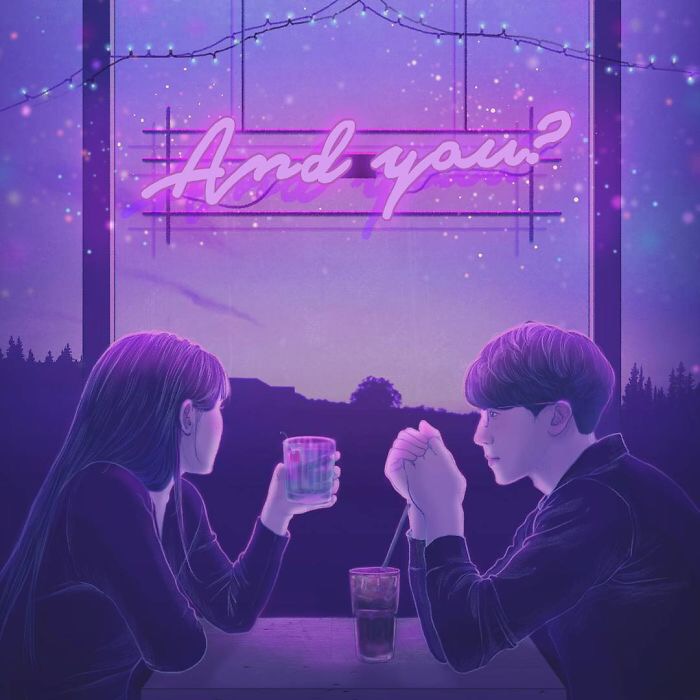Ye masāil-e-tasavvuf
These matters of mysticism
Ye tirā bayān ‘ġhālib’
These discourses of yours, Ghalib
Tujhe ham valī samajhte
We’d judge you a saint
Jo na bāda-ḳhvār hotā
If you weren’t an alcoholic
Ghalib, Ye na thi hamari qismat ki visal-e-yar hota (It just wasn’t my kismet to meet my lover)
searching for it at night
searching for it in brothels
searching for it in bottles of Murree’s finest on cold winter evenings
searching for it on walks through the city
walking.
walking through the humid streets of your childhood
by the park where you first kissed her
behind the queen-of-the-nights;
you will ask for them on your deathbed
to your tired, ravaged mind they will only be
a memory
of something you knew, once,
so well
almost
got it
almost there
almost.
walking.
walking through the graveyard
where your grandfather lies
and his father
and his father before him
and you, too, someday
(if you like)
under the big banyan tree
that your grandmother told you was haunted
by a family of djinn
and you’d search for them during the hot afternoons
for three whole summers;
they say every love story is a ghost story
and if that’s true
then
who will you love?
who will you haunt?
walking,
forever walking.
to the mosque by the sea
where you found God one day
found him on the sea breeze
that came in through the broken windowpane
of that poor fishermen’s mosque
and kissed you on the forehead as you knelt
and you kneel again
please, you say,
please, please.
but there is no breeze tonight
so you sit there
cross-legged on the dusty woven mat
and look through another broken windowpane
at the rising sun
and the fishermen as they row in
from nights spent
searching, searching
on the dark waters
and you see the morning star
and you see the Ursids flash by
and something flutters in your heart, then
and you are alright, then;
what a strange thing you are,
Man’s heart
what a strange, strange thing you are.








 Gharo, Sindh, Pakistan. PHOTO CREDITS: HASHAM MASOOD, M.B.B.S., BATCH XVIII
Gharo, Sindh, Pakistan. PHOTO CREDITS: HASHAM MASOOD, M.B.B.S., BATCH XVIII 
